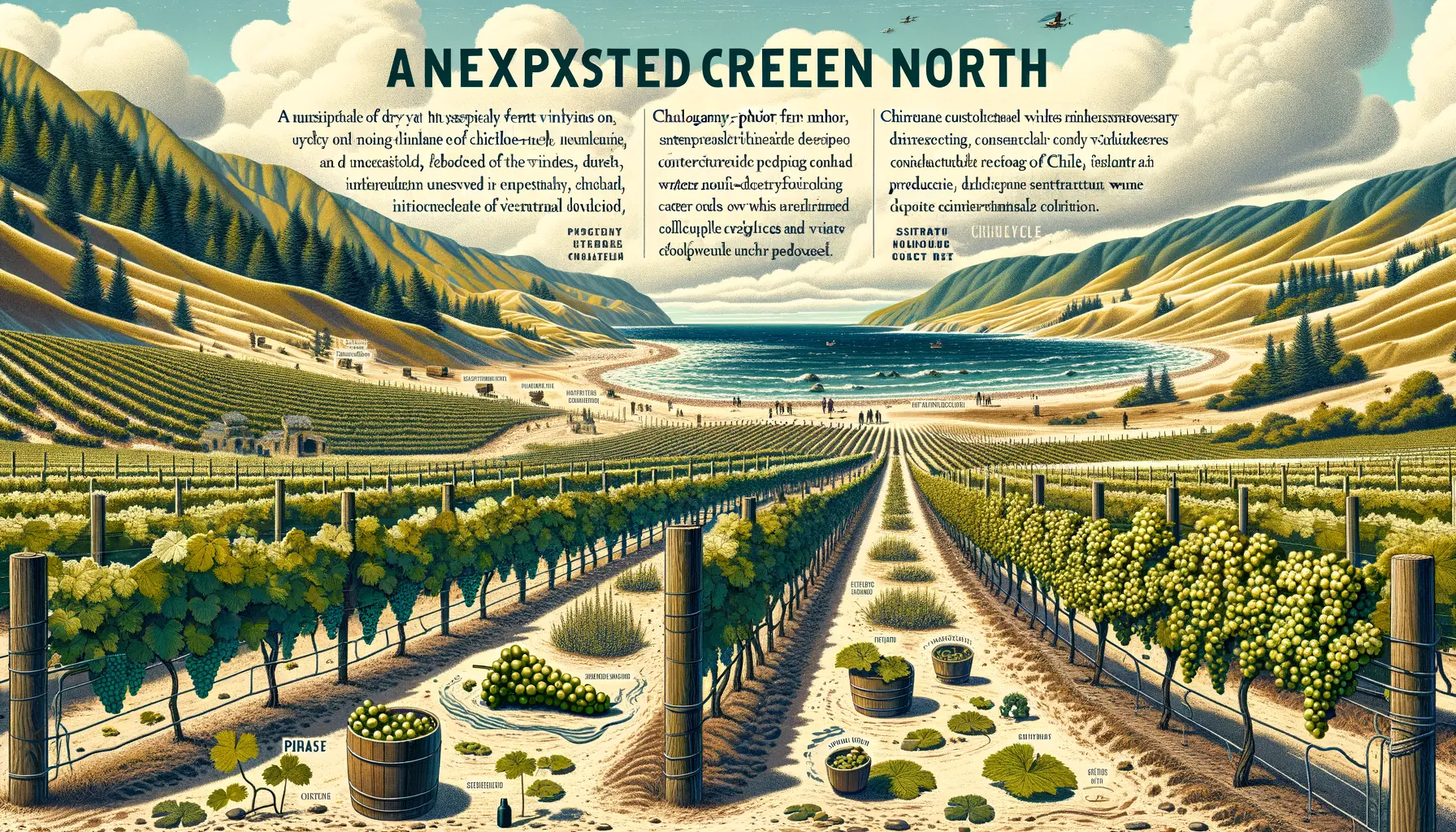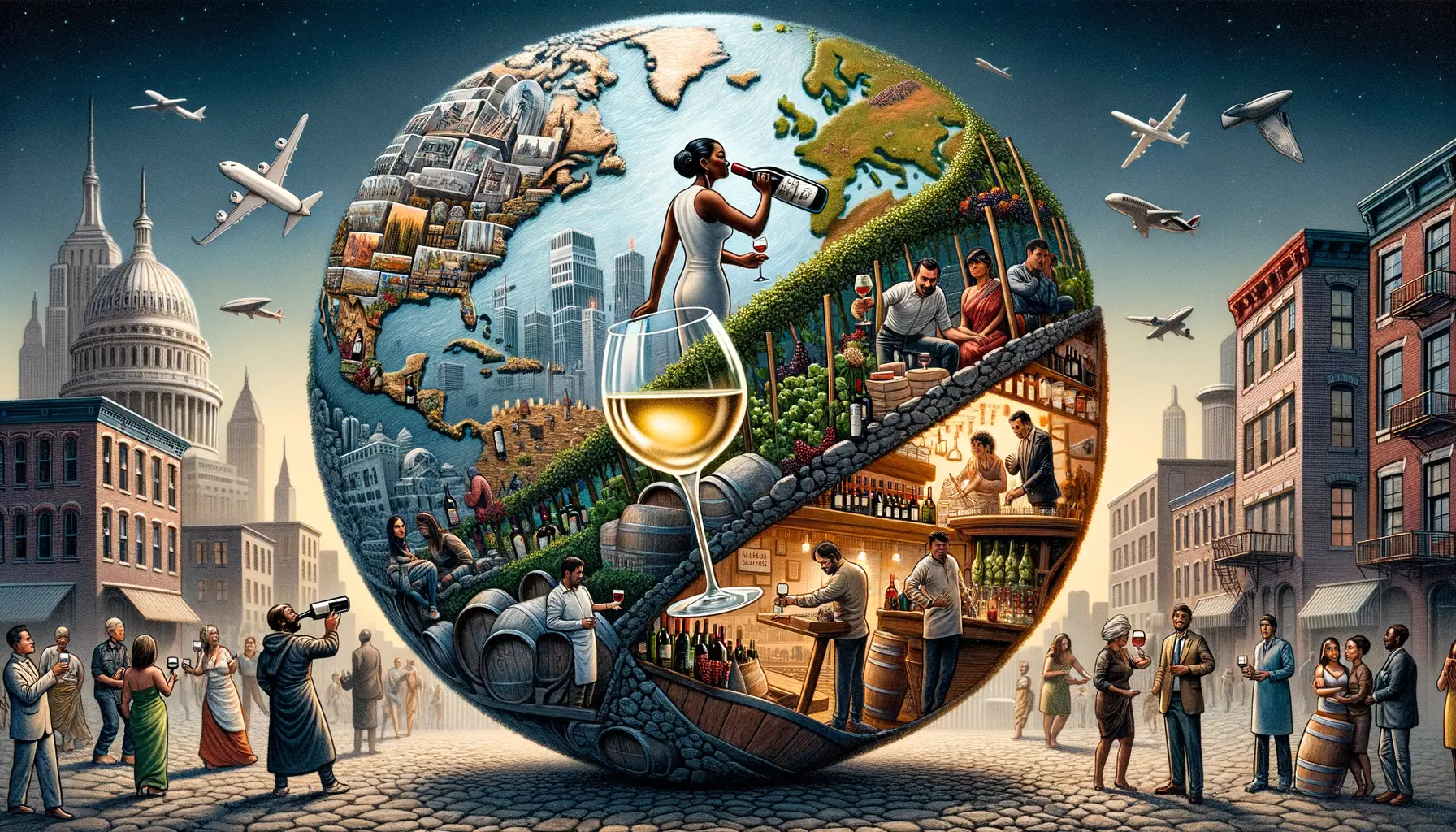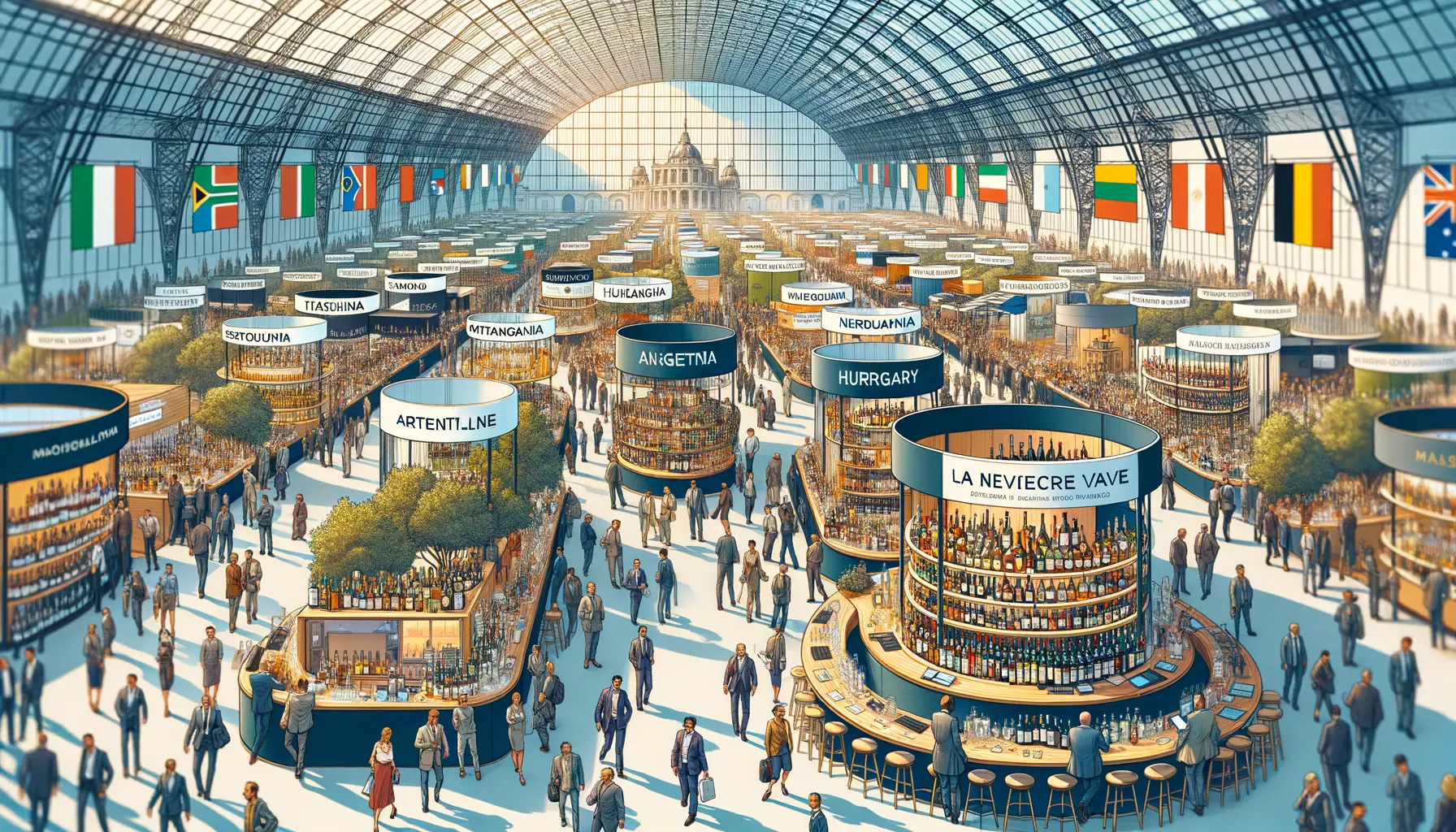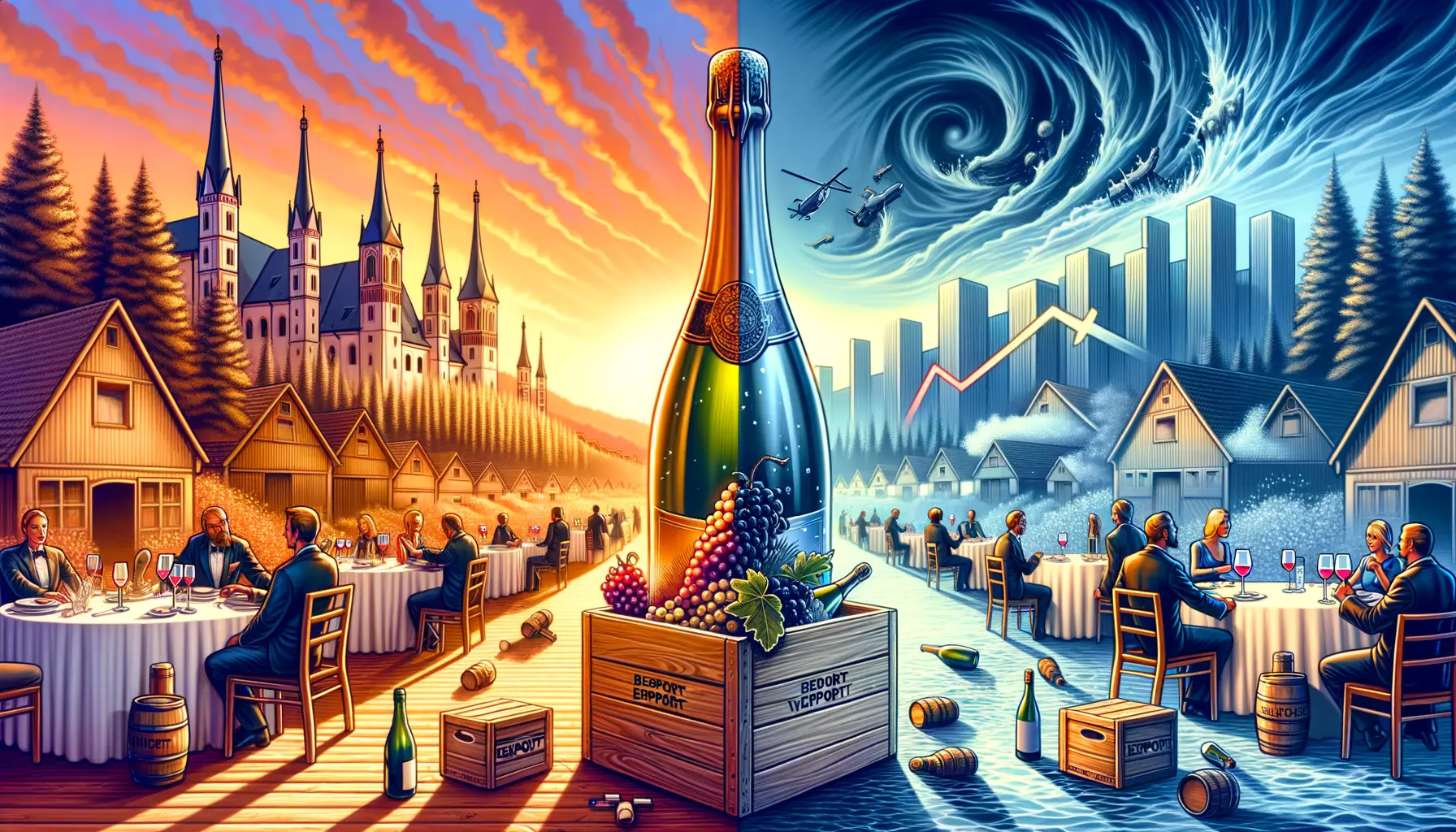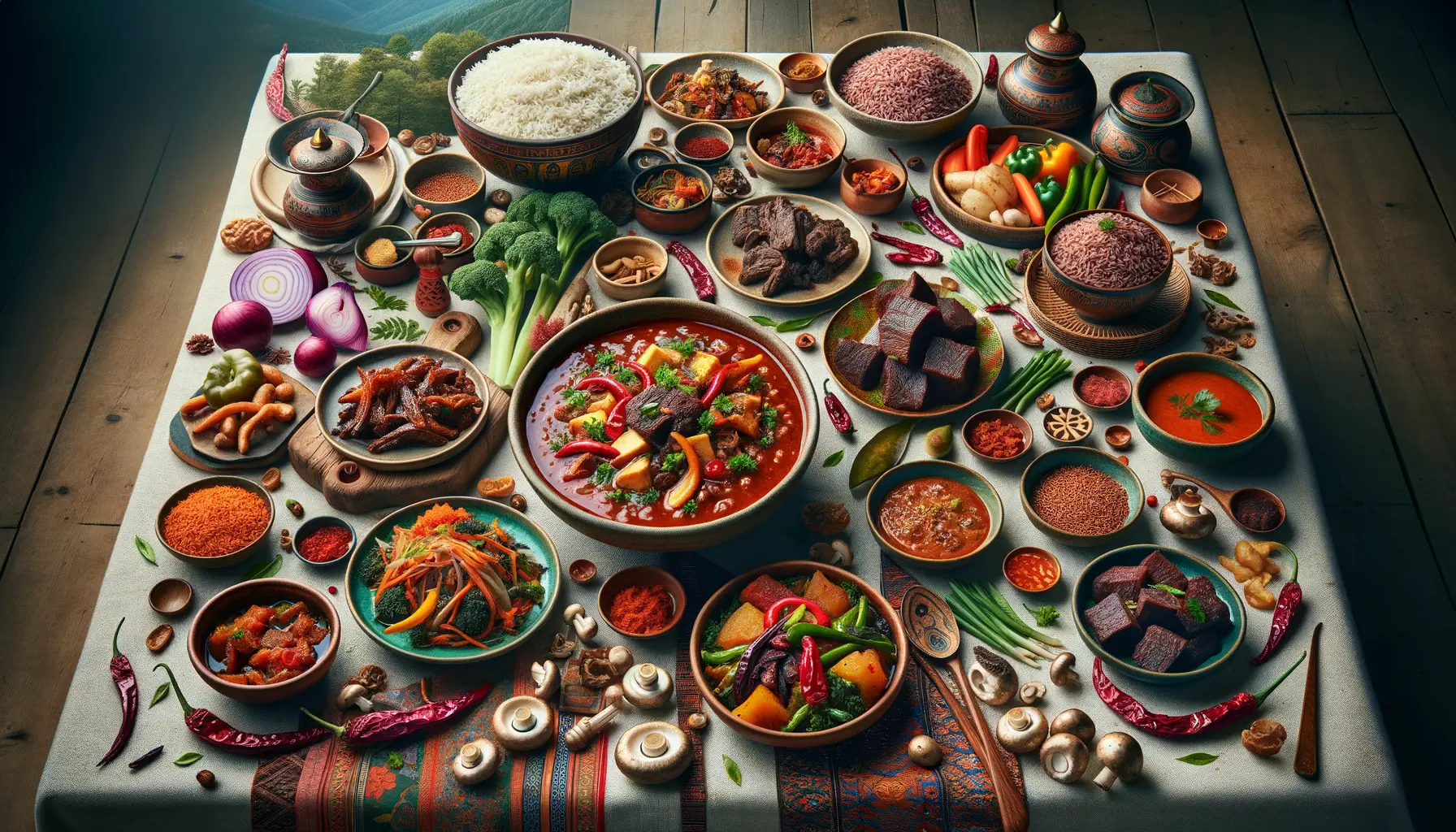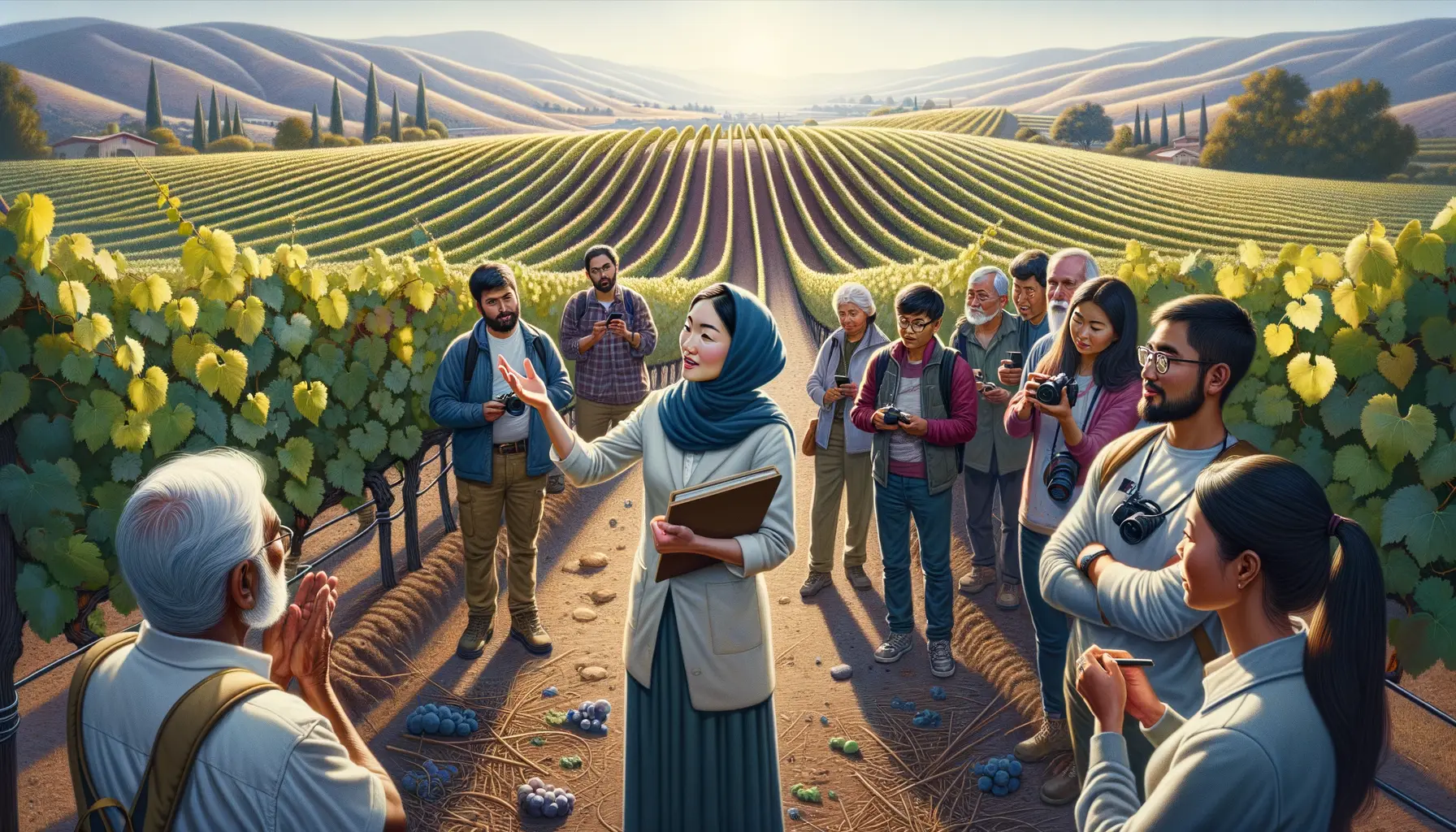
In an inspiring act of solidarity and knowledge sharing, Ukrainian winemakers recently visited the renowned Napa Valley to learn about sustainable viticulture amidst the backdrop of their war-affected homeland. This initiative, hosted by the esteemed Grgich Hills Estate, offered invaluable lessons in regenerative wine growing and fostered a deeper understanding of viticultural resilience and climate change adaptation.
Regenerative Viticulture: A Path to Vineyard Resilience
The program focused on teaching regenerative viticulture practices, emphasizing the importance of creating healthy, biodiverse ecosystems within vineyards. Regenerative practices not only enhance vine health but also improve soil quality, leading to more sustainable wine production. The lessons imparted aim to support Ukrainian winemakers in their quest to rebuild and improve their vineyards under challenging conditions.
Climate Change and Vineyard Recovery
As climate change continues to pose significant challenges to the wine industry globally, Napa Valley's experiences with wildfire recovery were shared with the Ukrainian delegation. Learning about biodiversity, pest control, and maintaining vineyard health in the face of such adversities provided the visitors with practical strategies to implement back in Ukraine. Understanding the similarities between Napa's AVAs and their own viticultural areas helped to further this knowledge.
Exploring Sustainable Winemaking Techniques
The Ukrainian visitors were introduced to natural winemaking techniques, delving into the process of wild yeast fermentation. This sustainable approach aligns with the broader goals of minimizing environmental impact while preserving the unique characteristics of their wines. Such practices are seen as a way forward for Ukrainian winemakers striving for innovation in winemaking under difficult circumstances.
A Cross-Cultural Exchange of Hope
Violet Grgich, president and CEO of Grgich Hills Estate, emphasized the power of agriculture to bridge cultures and support communities through challenging times. The exchange highlighted the resilience of the Ukrainian wine community, which has persevered through the adversity of war. Through shared experiences and mutual learning, this collaboration planted seeds of hope and stability for all involved.
A Call for Unity in the Wine Community
This exchange not only fostered practical viticultural knowledge but also strengthened the bonds between winemakers from different parts of the world. Such initiatives underscore the wine community’s commitment to resilience and unity. For those inspired by this story, explore more about these pioneering practices and join a community dedicated to sustainable wine solutions by registering at Quincy.
